Weaver Community Housing Association
In January of 2002, we founded the first non-profit cooperative property in the Southeast. In 2003, WCHA made history by receiving Orange County assistance to purchase our second property.
Our mission is to use the cooperative model for housing as means to accomplish six principles: Affordability, Perpetuity, Dweller-Control, Sustainability, Diversity, and Community.
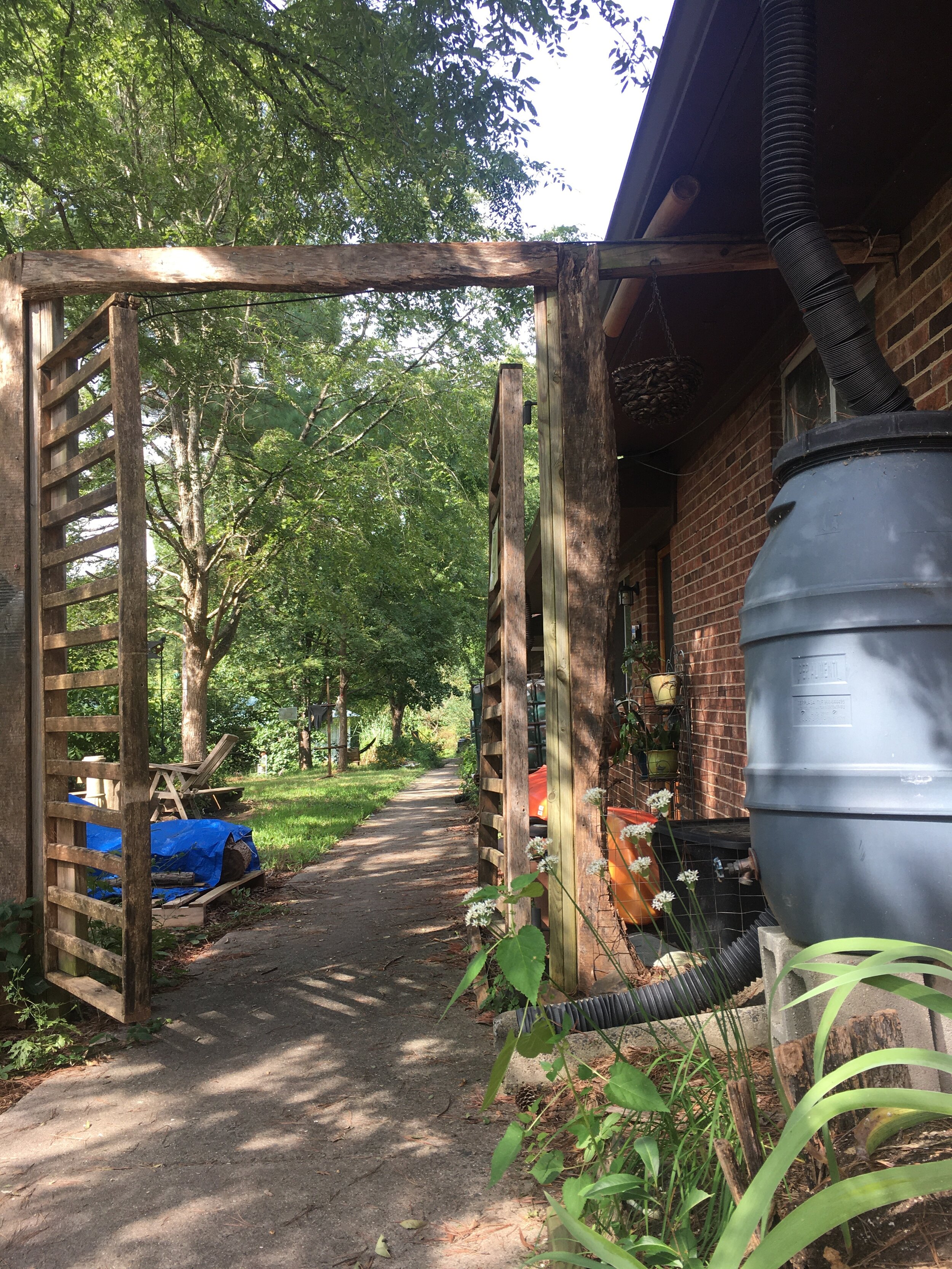
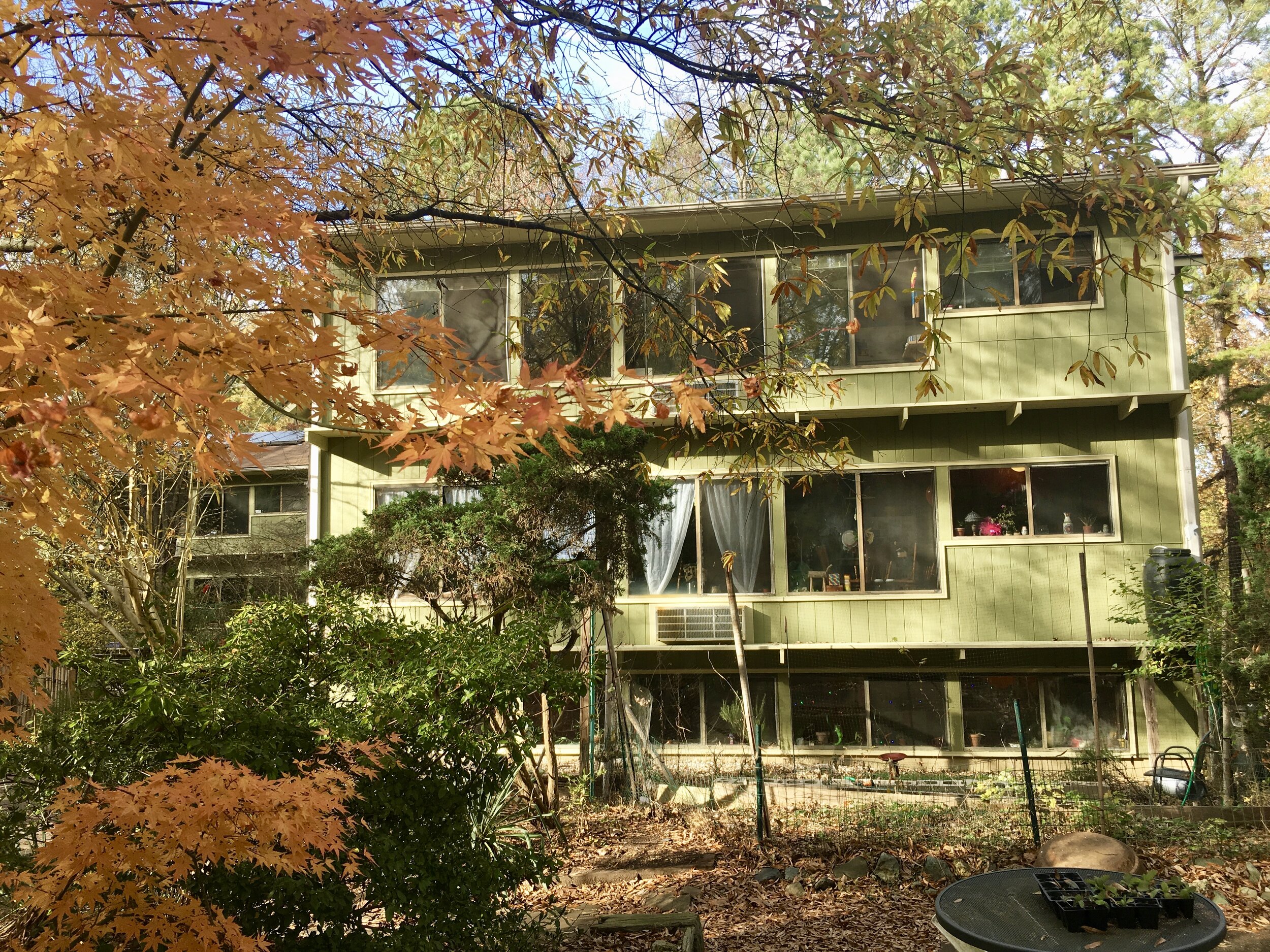
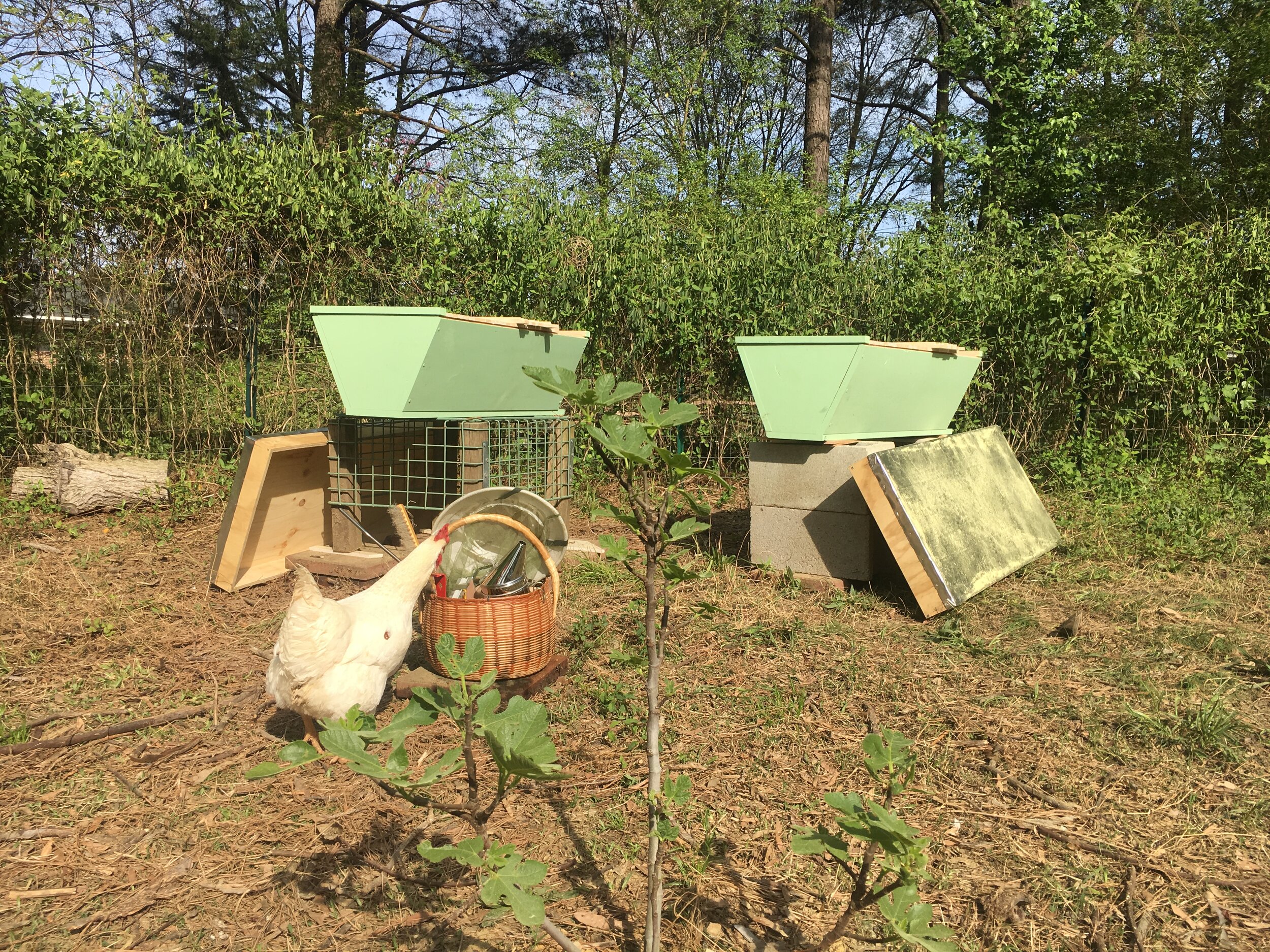
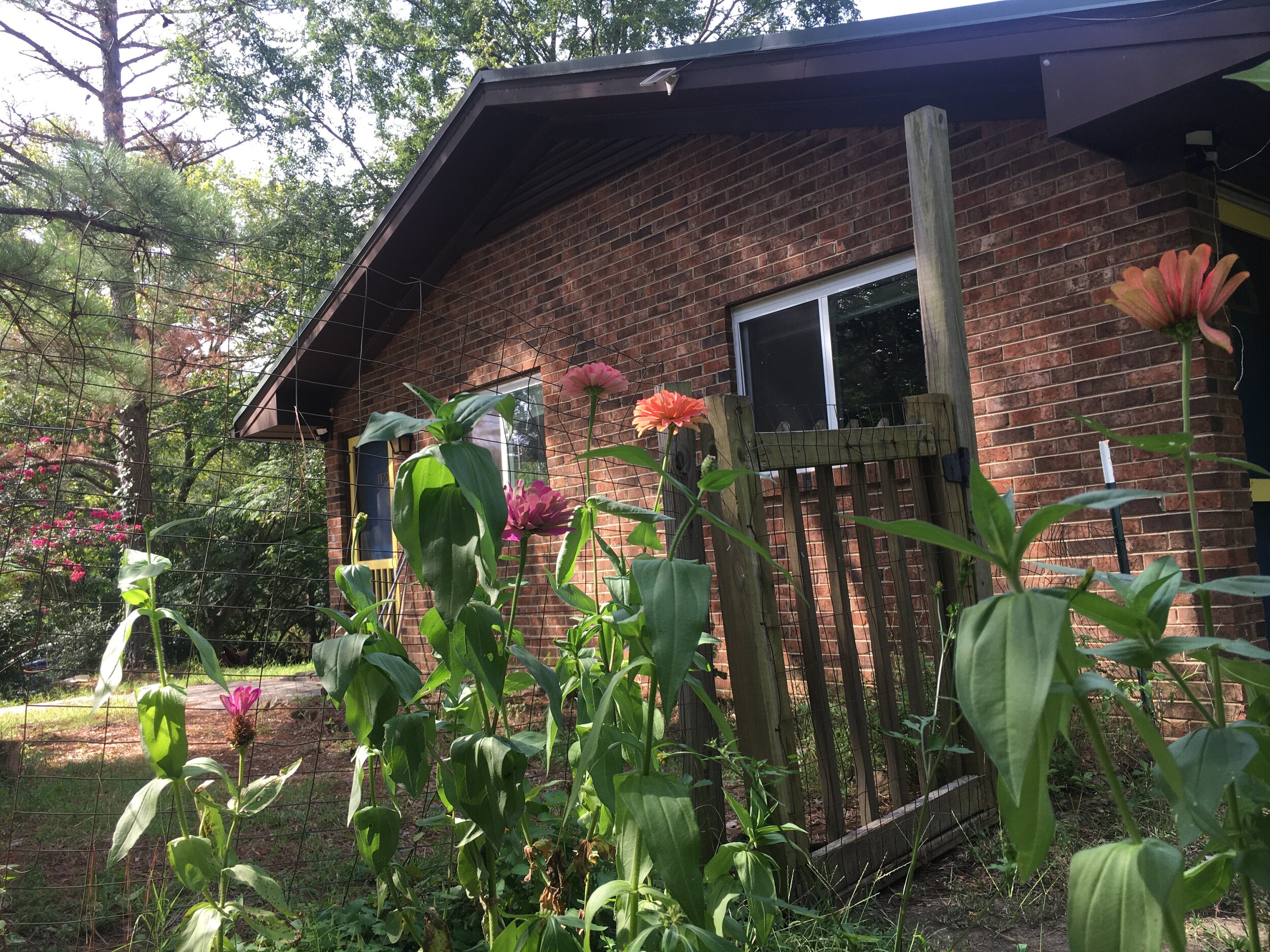
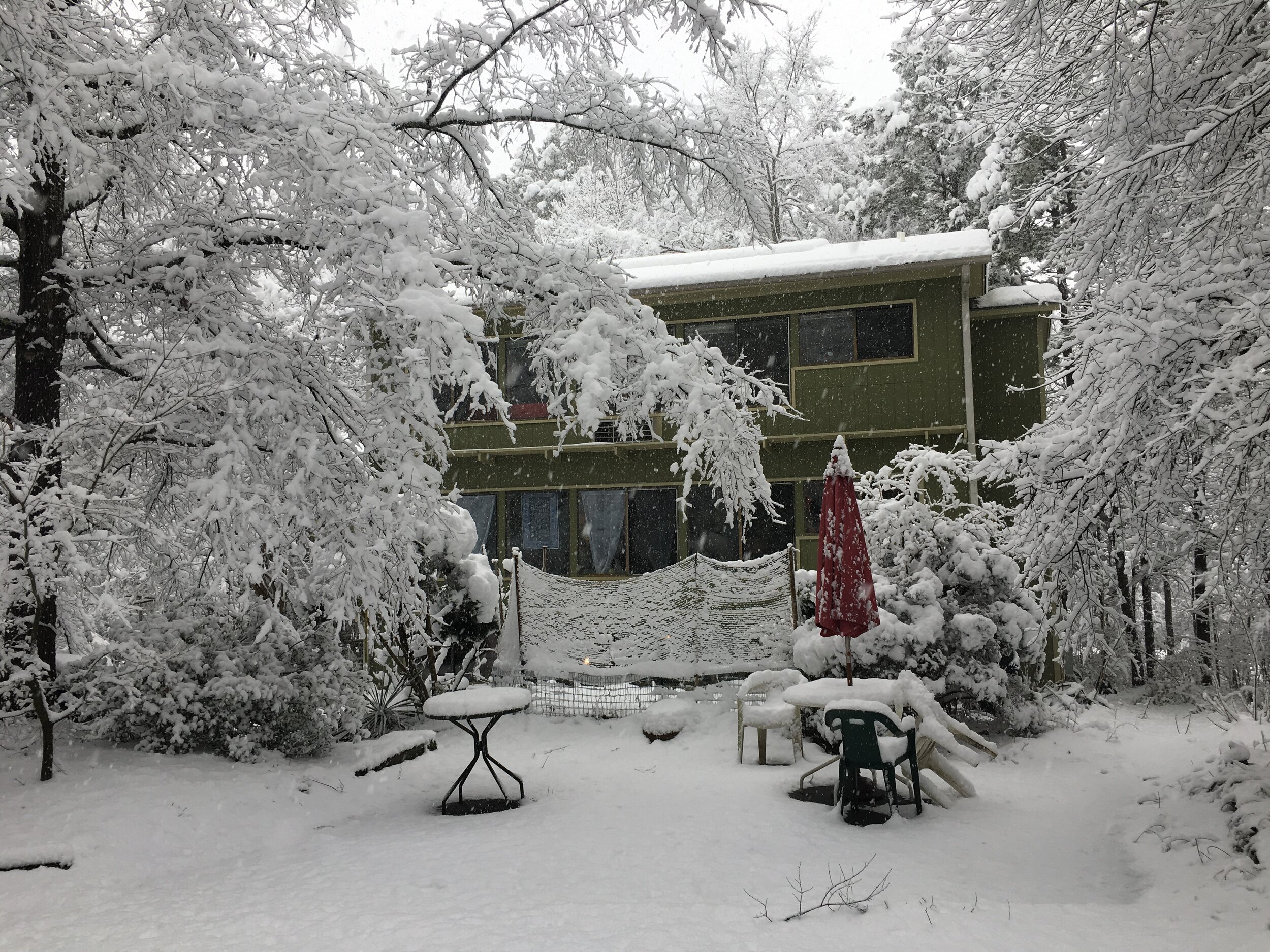
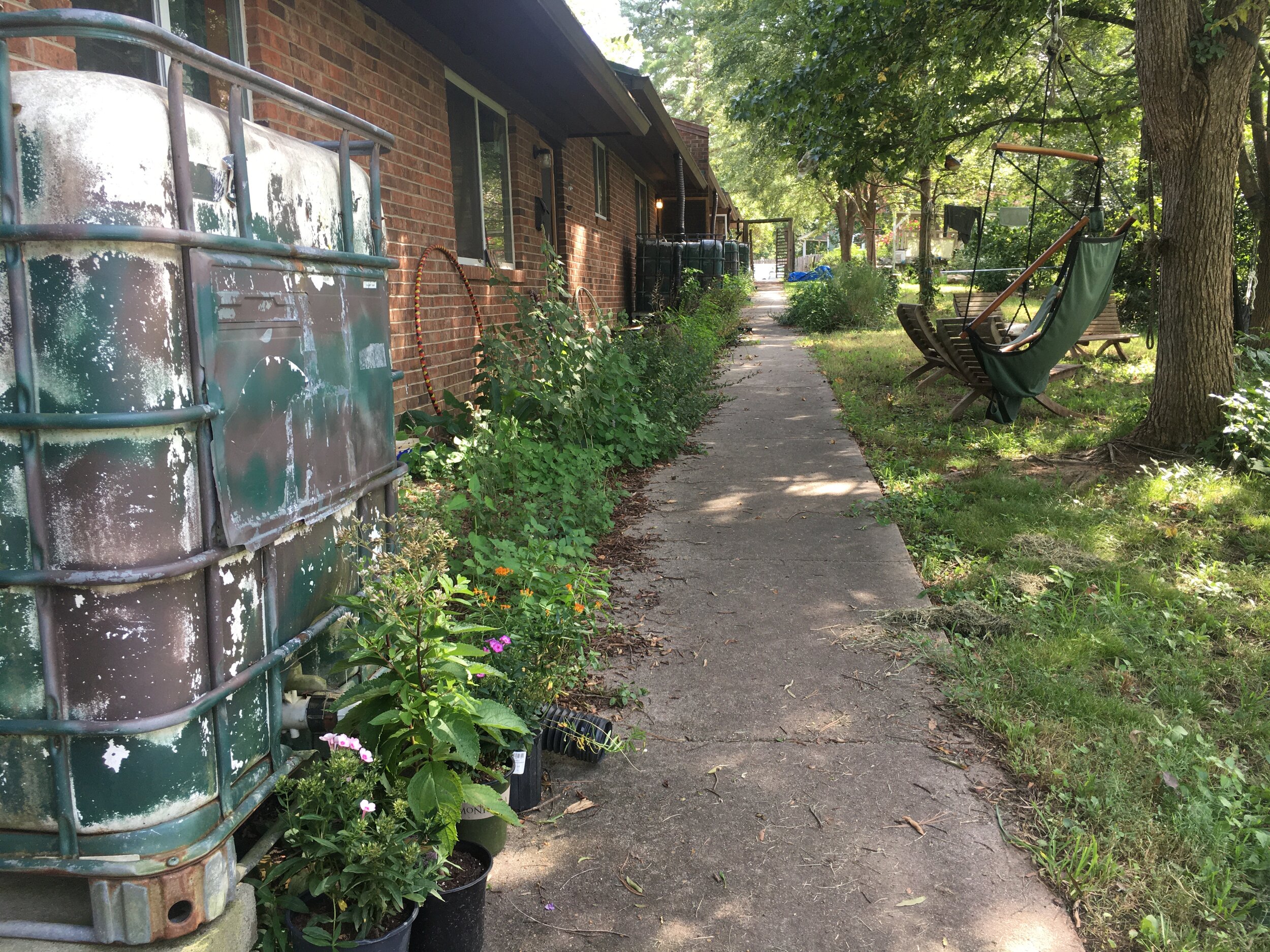
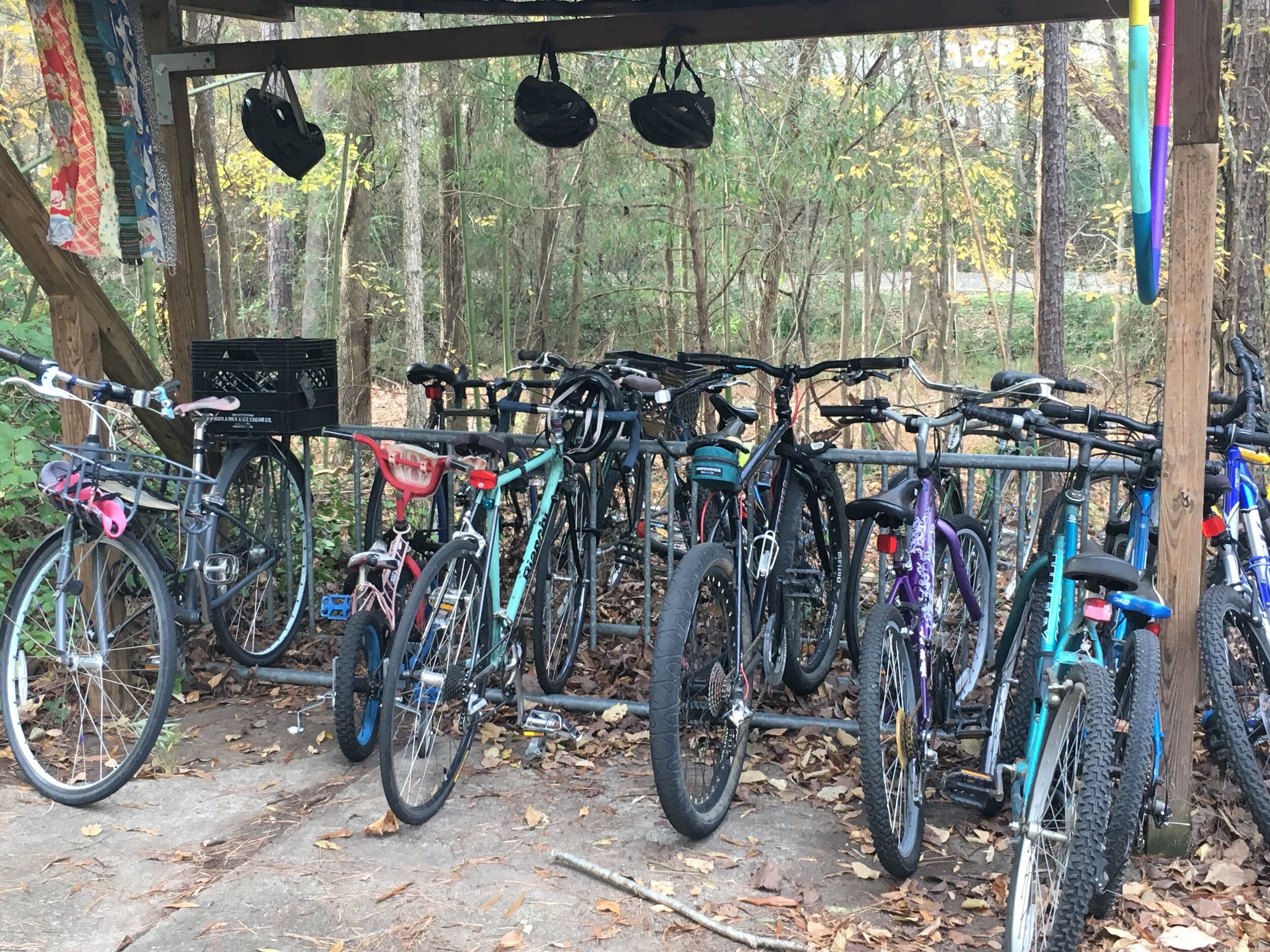
Affordability
WCHA residents pay a small initial member share/deposit and monthly payment that covers mortgage, insurance, maintenance, etc. The target area for housing we develop is below median income (prioritizing those earning less than 60 percent of Area Median Income. The definition of “affordable housing” by the U.S. Department of Housing and Urban Development (HUD), is that monthly payments that residents spend for housing each month should not exceed 30 percent of monthly income. WCHA maintains lower rental payments despite increasing property values or economic conditions.
According to the Zumper.com, the average monthly rent in 2022 for a unfurnished, two bedroom, apartment in the area is $1,500 per month. Average home cost is $391,479!
WCHA offers a two bedroom/1 bath unit in a co-op for $824 a month at Bolin Creek Co-op and a household of three or more can rent a three-bedroom/two bath apartment that includes a washer/dryer for only $1,070 a month at Cedar Rock Cooperative.
In addition to the traditional method of creating affordability with below market rental payments, WCHA’s emphasis on the cooperative structure allows residents to share physical and service resources (ranging from yard equipment to vehicles to gardens). The creation of a supportive residential community saves time and money for all participating co-op residents.
Perpetuity
All properties of the WCHA will remain affordable as long as they are owned by WCHA. Member shares and monthly payments will not increase with appreciation in the real estate market. Instead, changes in members’ share and monthly payments will be determined by the current Area Median Income. WCHA board of directors evaluates Area Median Income regularly to determine whether monthly payments should be adjusted to remain affordable within the target income range. In the event of dissolution, WCHA property will be transferred to another affordable housing non-profit.
Dweller-Control
Cooperative housing offers those who cannot afford to own their own homes escape the trap of powerlessness of traditional renting and become their own landlords.
All properties are cooperatively maintained and governed by the residents. Resident-members hold regular meetings to make decisions. Each property has the authority to create its own set of policies, so long as they fall within the guidelines of the WCHA Bylaws.
Dweller-control extendes to the WCHA Board of Directors, where resident-members of the cooperatives make up at least 50 percent of the organization’s governing body.
Sustainability
WCHA believes that, in order to create affordable communities that will remain livable for future generations, social and environmental sustainability must be essential principles for all current and future endeavors. All too often, concepts of sustainability are sacrificed for affordability. We do not believe this is a necessary sacrifice. Whenever possible, WCHA employs principles of permaculture by using alternative resources such as solar heating, growing food on the premises, and building with safe and healthy materials.
Diversity, Equity & Inclusion
Cooperative housing provides an opportunity for a wide range of residents to benefit from affordable housing and a supportive neighborhood. Individuals, families, low-income workers, etc. are members of our communities. WCHA’s communities also contribute to the economic diversity of the area by providing local, in-town housing that is affordable to lower income residents.
WCHA’s goal is attract a variety of people from different backgrounds, life experiences, and ages, to actively participate in their community through cooperative, equitable, inclusive and anti-oppressive means.
Community
The egalitarian, participatory aspects of cooperative housing extend to the local community. Similar cooperative housing association, such as those in Madison, WI and Davis, California, have created hundred of cooperative houses and created vast networks of cooperative endeavors, establishing and strengthening their local communities. The WCHA works at creating links between social justice, affordable housing and environmental advocates at the grassroots level. In addition, since in our neighborhood’s residents play a crucial role in governing the property, co-op residents often care for the buildings more than absentee landlords or renters. Our mission includes serving as a centers for community meetings, workshops, grassroots organizing, cultural and artistic events and “skill share” workshops where co-op members learn, teach and develop along with other community members. Bolin Creek Cooperative and Cedar Rock Cooperative have, over the years, hosted music, conferences, benefit dinners, and events for social justice activists.
